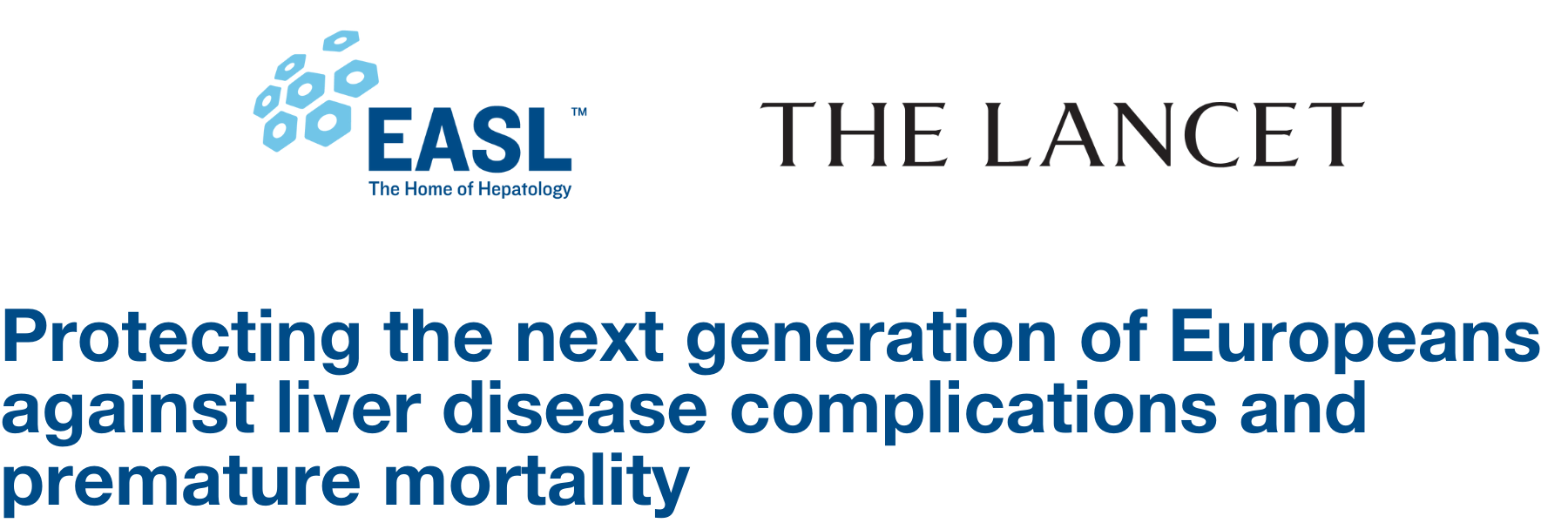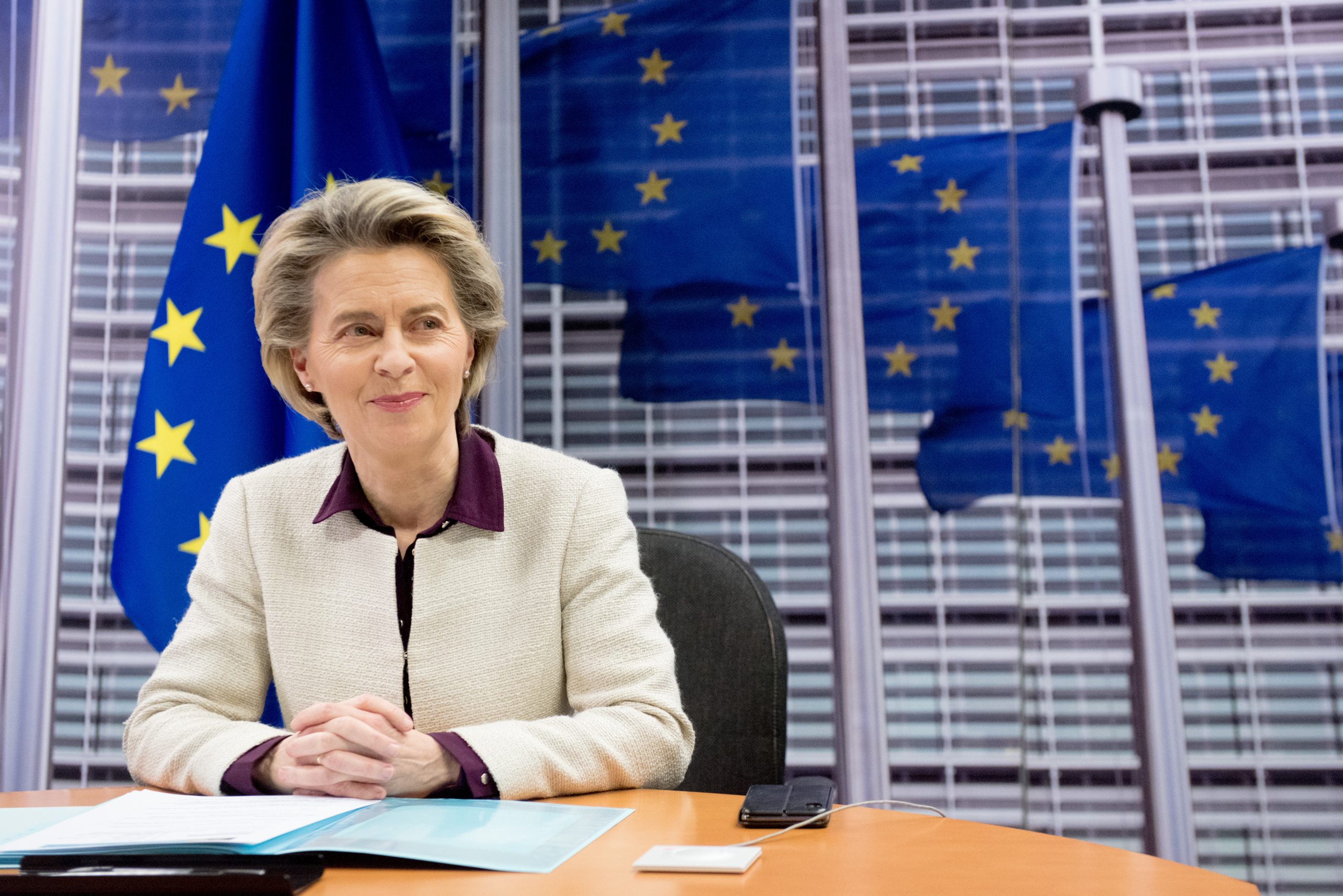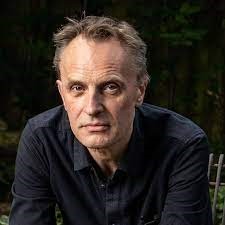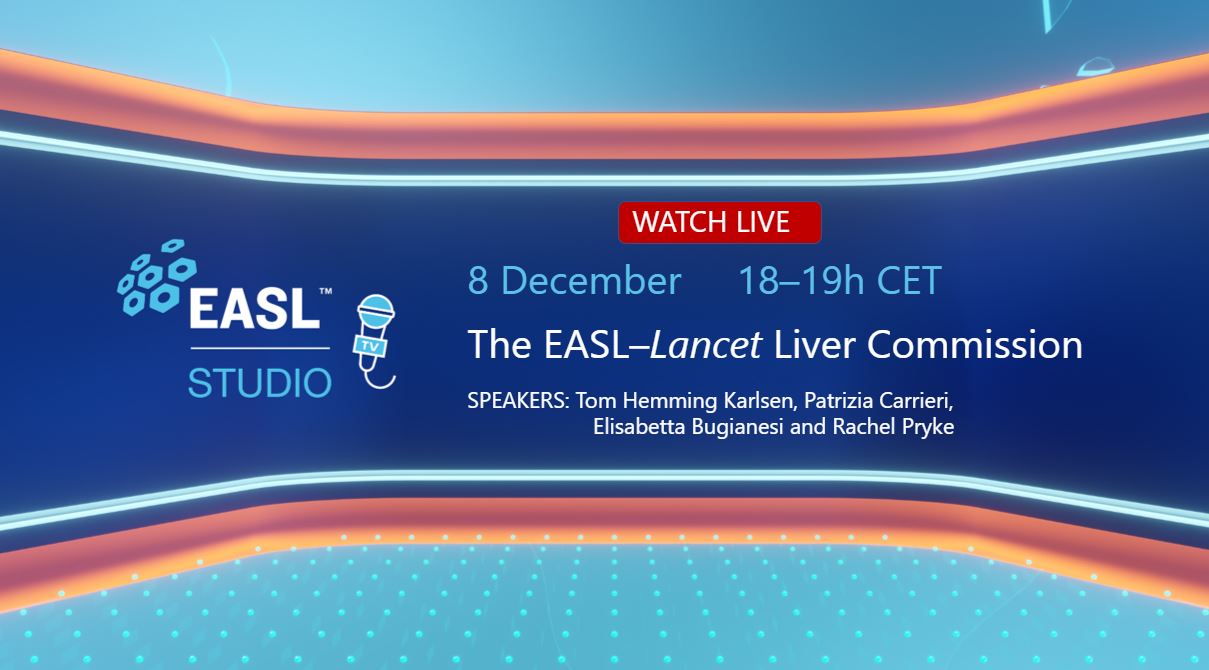
This official launch, taking place online on 2 December 2021, marks the publication of the report of the EASL–Lancet Liver Commission: protecting the next generation of Europeans against liver disease complications
and premature mortality. This prestigious event is a culmination of many years of collaboration together, with a new momentum toward its solid implementation. The discussion will engage commissioners (contributors to the report), other high-level actors and experts from the European institutions, and patient representatives. Key topics of the report will be discussed, as well as how the European Union policy and funding initiatives can support both the recommendations and application of good practices throughout the EU.
The goal of saving the lives of almost 300,000 people per year across Europe is what is driving this initiative. Policy actions for marketing, pricing, and taxation of alcohol and unhealthy foods are of paramount importance with an ability to reduce premature morbidity and save these hundreds of thousands of lives per year across the region.

Ursula von der Leyen, President of the European Commission, will provide a keynote statement.
Why do we need the EASL–Lancet Liver Commission?
“The liver is a window on 21st century health of the European population.”
Triggered by the rising burden of liver disease in Europe occurring on a changing landscape of aetiologies, The Lancet and the European Association for the Study of the Liver (EASL) commissioned a multidisciplinary effort to delineate the current burden of liver disease throughout Europe.
Our priority was to identify barriers to the improvement of liver health and identify the necessary solutions. Liver disease is now a leading cause of years of working life lost in Europe, second only to ischaemic heart disease. In the past, a fundamental problem has been the focus on end-stage liver disease and its complications; cirrhosis and cancer. It is critical now that we move our target upstream to prevent the development of advanced liver disease by embracing simple methods for early identification of progressive liver fibrosis coupled with strategies for disease prevention and application of several innovative and efficient therapies that became available in recent years.

The Lancet Editor-in-Chief Prof. Richard Horton will provide an opening statement.
Underserved and marginalised communities, including children, require particular attention, and the significant stigma associated with liver disease needs tackling, including via the removal of stigma-associated terms in medical nomenclature. Policy actions for marketing, pricing, and taxation of alcohol and unhealthy foods are of paramount importance with an ability to reduce premature morbidity and save the lives of almost 300,000 people per year across Europe.
Target audience
We warmly invite a broad range of stakeholders including primary care physicians, nurses, patients, peers, and members of relevant communities, along with medical specialists trained in obesity, diabetes, liver disease, oncology, cardiovascular disease, public health, addictions, infectious diseases, civil society organisations, representatives from patient organisations, policymakers, medical associations, and other actors involved in those topics in Europe and beyond.
Key message from the report
The report presents ten actionable recommendations, half of which are oriented towards healthcare providers and half of which focus primarily on health policy.
The actions are related to the significant impact of liver disease on the working-age population in Europe, the need for early diagnosis and treatment, the social stigmatisation associated with liver disease, the importance of the multidisciplinary approach, and the uniform actions across Europe.
Add this event to your calendar
EASL Studio dedicated to the EASL-Lancet Liver Commission
In this third episode of the EASL Studio, the experts will be tackling the EASL – Lancet Liver Commission on liver diseases in Europe. How do we reduce inequity in Europe? How do we improve awareness and education? How can we put a stop to stigmatisation of patients with liver diseases?


